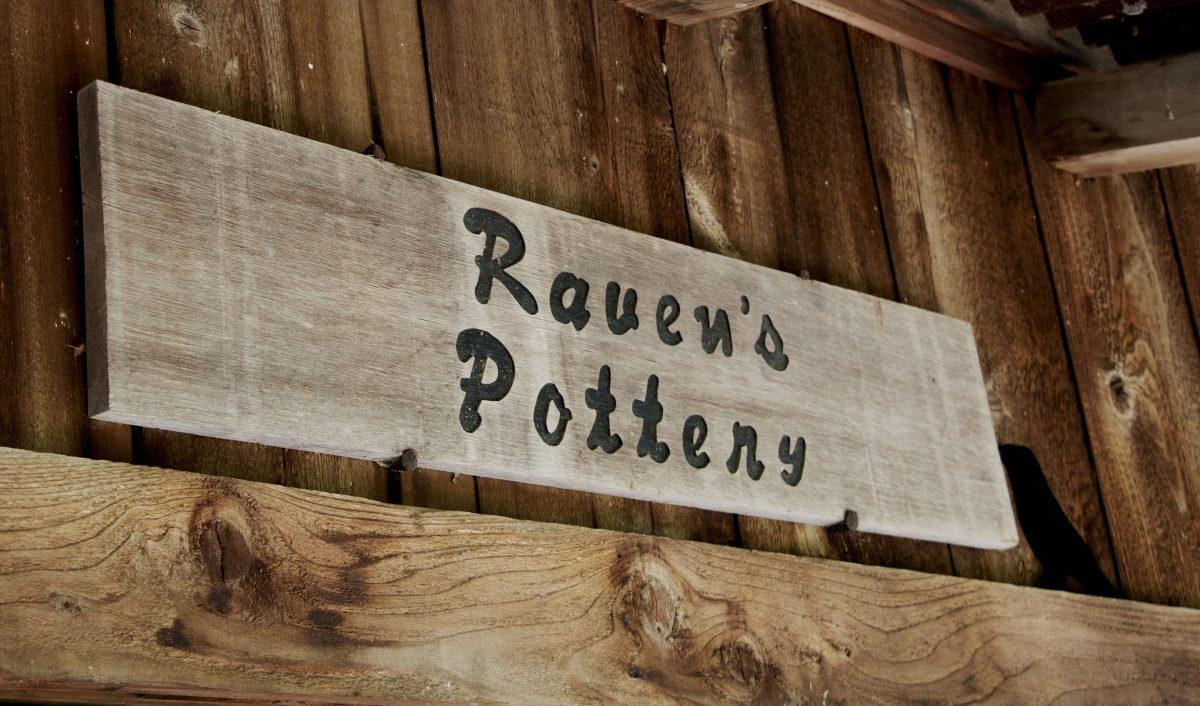New federal regulations hold universities and colleges accountable to higher standards on reporting sexual assault and domestic violence cases, most of which are already met by Sam Houston State University Police Department.
The new regulations were handed down from the Department of Education on Oct. 20 and take effect July 1, 2015. All colleges and universities receiving federal funds are affected.
Schools are now being required to disclose investigative, disciplinary and reporting procedures and methods in the annual security report already required by law. University Police Chief Kevin Morris said SHSU’s methods have been included in its report since he took over at UPD.
“We’ve been actually doing that for quite some time,” Morris said. “Since I took over, we’ve been doing that, they’ve just added some new language to it.”
Currently, SHSU has its annual security report from 2006 through 2013 available online. Under the new regulations, institutions are not allowed to withhold or remove “unfounded” reports from their statistics until after a full investigation has been fulfilled.
The new rules are updates to the Clery Act, which was signed into law by President George H. W. Bush in 1990 and requires universities and colleges to report an annual security report each October, institutional police or security departments to maintain an active public crime log, and for them to give warnings of crimes that potentially pose a threat to the safety of students, staff and faculty.
Morris said the Clery Act has produced a sense of transparency between educational institutions and their students.
“The Clery Act identifies and creates policies and procedures for universities to let their students know what is happening on their campus,” Morris said.
Four on-campus sexual assaults were reported at SHSU residence halls in 2012 and 2013, according to the 2013 SHSU Annual Security Report. One forcible sexual assault case has been reported this year for SHSU’s main campus, according to UPD’s crime statistics. Moreover, there have been six reports of stalking, seven reports of dating violence and three reports of domestic violence.
Institutions are also required to report incidents of stalking in their annual reports. In the final rule, stalking encompasses the use of “devices or tactics… including electronic means,” to intimidate, harass, kill or injure an individual. Morris said the university has until July 15, 2015 to create policies and procedures to meet the new definitions.
“Everybody is approaching sexual assault much different versus five to 10 years ago,” Morris said.
Institutions are also now required to develop programs for both students and faculty aimed at eliminating dating, domestic and sexual violence and stalking. Huntsville’s Sexual Assault and Abuse Free Environment (SAAFE House) to provide off-campus resources for victims of sexual assault in Huntsville and at SHSU.
The new regulations also allow both the victims and the accusers to be accompanied by an advisor for any disciplinary hearings. However, institutions can “restrict an advisor’s role” such as speaking during hearings or questioning witnesses, according to the final rule. Nevertheless, advisors can be an attorney, school administrator, family member or another advocate.












